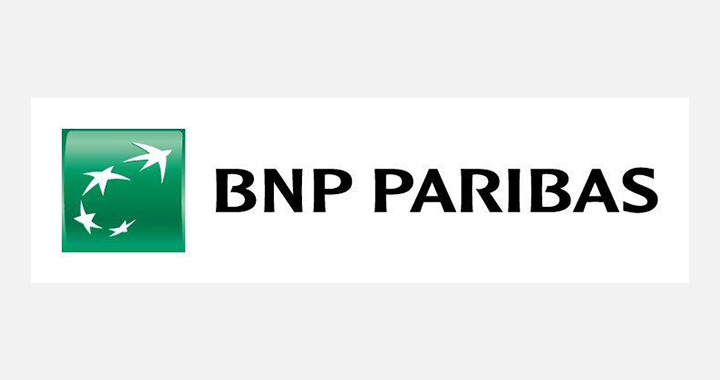BNP Paribas recently developed a Sustainable Deposits Framework which was independently reviewed by Vigeo Eiris (V.E.), who gave the framework a reasonable assurance (V.E.’s highest level of assurance).* Sustainable Deposits are aimed at enhancing BNP Paribas’ capacity to increase the amount of investment and financing contributing to the energy transition and to sectors considered as directly supporting the UN’s Sustainable Development Goals as part of its Environmental, Social and Governance (“ESG”) commitments.
Philip Sasse, Vice President, Global Treasury Operations at Unilever commented:
“ESG is an integral part of Unilever’s business strategy and as a Treasury team we work to support the delivery of our sustainable business goals across the full spectrum of Treasury activities, with a strong desire to contribute through ESG innovation. We are therefore delighted to have collaborated with a key banking partner such as BNP Paribas on their new Sustainable Deposit offering in order to pioneer the development of relevant solutions and drive positive ESG impact at scale.”
Aurelia Normand, Head of Transaction Banking EMEA at BNP Paribas also commented:
“The development of a Sustainable Deposits offering represents an opportunity to enhance BNP Paribas’ capability to raise short-term funds to support its lending to sectors with positive UN SDG impact while at the same time addressing a growing need from its clients to align their liquidity placement and investment practice with their sustainability objectives. As we prepare to deploy the offering across our geographies, with EMEA as a first step, we are very pleased to have closed our first Sustainable Deposit with Unilever.”
*V.E. was commissioned to provide an independent review on the sustainability credentials of the Sustainable Deposits Framework (“the Framework”) prepared by BNP Paribas Corporate and Institutional Banking (“the Bank”). V.E. expressed a reasonable assurance (their highest level of assurance) on the capacity of the Bank’s Sustainable Deposits to support loans which are likely to contribute to the identified UN SDGs. The review was dated 17 September 2020.
